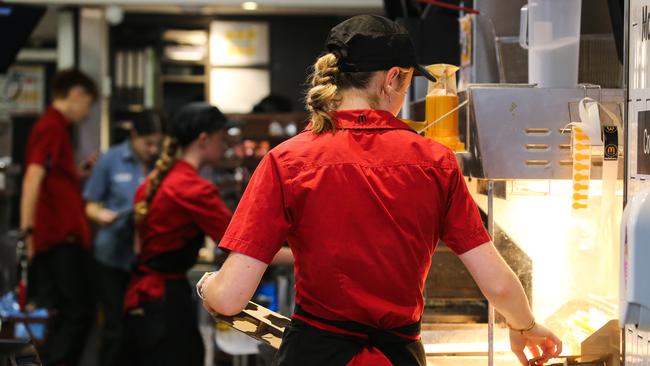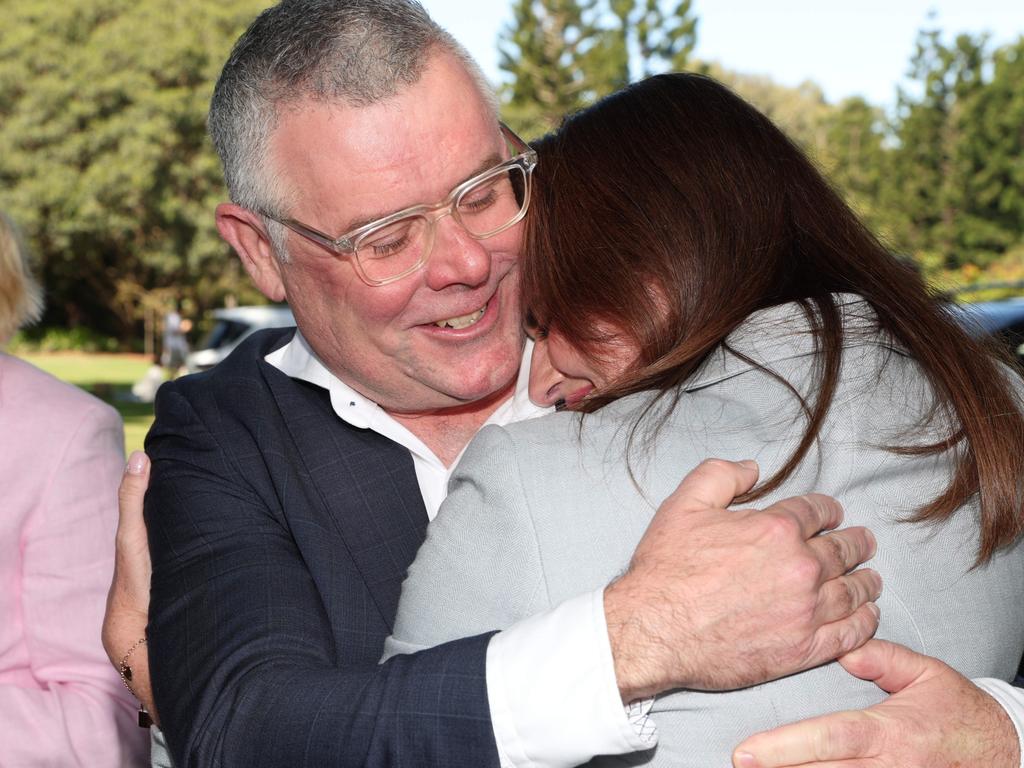
The Fair Work Commission’s decision to deliver the biggest real increase in award wages in recent years is a significant win for the re-elected Albanese government, unions and the more than three million workers that will benefit from the above-inflation pay rise from July 1.
It also represents a now or never moment for commission president Adam Hatcher.
Due to concerns about higher inflation persisting following the CPI spike of 2021-22, Hatcher had deferred taking action to reverse the decline in workers’ real wages that had occurred in recent years.

But with inflation back under control, Hatcher decided he had to act now to avoid the fall in living standards becoming entrenched across the community’s lowest paid.
His decision represents a real wage rise for more than three million workers as not only does it apply to more than 2.6 million award-reliant workers, it flows to a further 500,000 workers – including 200,000 employees at Coles and Woolworths – covered by enterprise agreements that have pay rises tied to the annual wage decision.
Moreover, the commission has set in train a second round of gender-based pay rises for professionals, building on its recent recommendation of wage increases of up to 35 per cent for 175,000 low-paid workers in female-dominated sectors.
While the commission is known as the “independent umpire”, the timing of this year’s decision does provide substantial political cover. The government, recently returned in a landslide that almost guarantees a further six years in power, was quick to back the ruling, not least as it endorsed Labor’s call for an above-inflation rise.
While the commission did split the difference between employer and union claims, the decision is a bigger win for the labour movement as it represents a larger-than-usual real wage rise and will give workers struggling with the cost of living some welcome, overdue hip pocket relief.
Employer groups, always unhappy at any increase in their labour costs, framed the decision as generous, cautioning it will be challenging for small businesses, particularly those struggling in the retail and hospitality sector.
But the criticism was comparatively muted, in part, reflecting that many industry groups have strategically retreated on workplace relations since their Coalition allies got smashed by voters at the May 3 election.
Instead, business groups have chosen to focus on the need for Labor to devise a “clear strategy” to address flatlining productivity.
Hatcher, in his decision, said the nation’s poor labour productivity performance was a restraining factor. In other words, workers would have got more if productivity was better.
But significantly he concluded: “Certainly, the productivity problem will not be resolved by the indefinite continuation of the reduction in real wages which has occurred over the last four years.”
There’s the rub. Suppressing the wages of the low paid is not the solution to productivity growth.
During the proceedings, Hatcher questioned employers why they were not taking more action to improve productivity through capital investment or work reorganisation.
It was a more than reasonable query.
But now with employers walking back from their war on workplace relations, and the new IR Minister Amanda Rishworth prodding for more co-operation between bosses and unions, perhaps there is an opportunity for organised labour and capital to move beyond their daily cynicism and forge a joint path forward that delivers benefits for workers and business.
It is well overdue.






